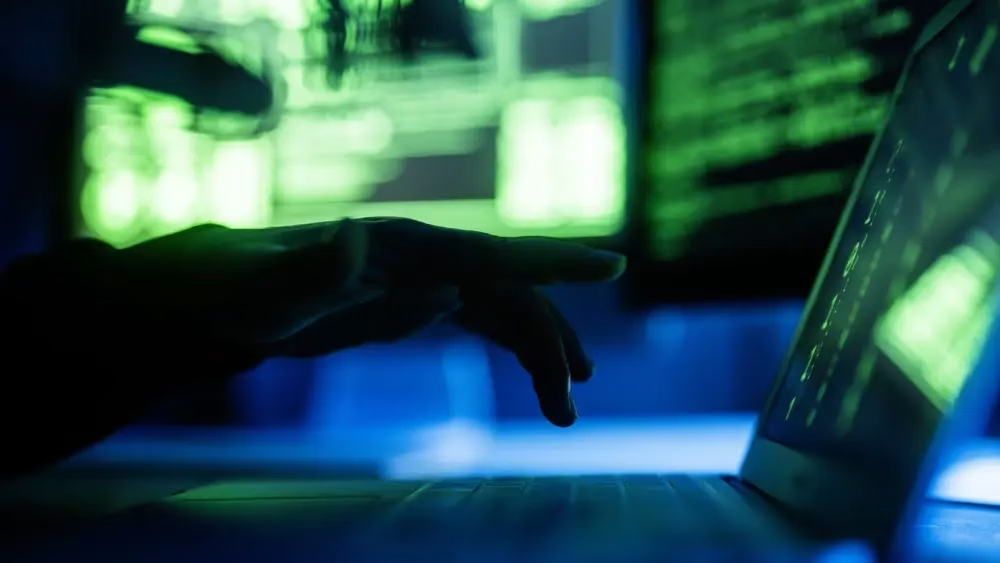The Unprecedented Scale of the Breach
Cybersecurity experts are already dubbing this the "G.O.A.T. of all data breaches," and it's hard to argue with that assessment. Previous breaches, even those considered massive, pale in comparison. Remember the one from late May that involved 184 million passwords? That felt huge at the time. This new incident isn't just an escalation; it's a quantum leap in the scale of cyber threats we're facing. It makes you wonder, doesn't it, if we're truly prepared for what's coming next.
The Anatomy of a Mega-Leak
How does something like this even happen? While the full details are still unfolding, these mega-breaches often aren't a single, isolated hack on one company. Instead, they're typically an aggregation of data from countless smaller incidents, combined with information scraped from various corners of the internet. Think of it like a digital scavenger hunt for criminals, where every piece of exposed data, no matter how small, gets added to a growing, dangerous puzzle.
The datasets discovered in this particular breach reportedly range from tens of millions to over 3.5 billion records each. It’s not just passwords either; often, these dumps include usernames, email addresses, and sometimes even more personal information. This kind of consolidated data is gold for cybercriminals, enabling them to launch sophisticated phishing attacks, identity theft schemes, and, most commonly, credential stuffing attacks.
Why 16 Billion Passwords Matters
The sheer volume is terrifying, but the real danger lies in a common, yet incredibly risky, user habit: password reuse. We've all done it, haven't we? Used the same password, or a slight variation, for multiple accounts. It's convenient. It's easy to remember. But it's also like having one master key for your entire digital life. If that key gets compromised, every door it opens is suddenly vulnerable.
The Aftermath: What Experts Are Saying
The immediate reaction from the cybersecurity community has been one of widespread alarm. Experts are urging users globally to take immediate action. The consensus is clear: this isn't a drill. The advice is consistent and, frankly, something we should have been doing all along.
- Change Your Passwords: Especially for critical accounts like email, banking, and social media.
- Enable Two-Factor Authentication (2FA): This is your best friend in a post-breach world. Even if a hacker gets your password, 2FA adds another layer of security, usually requiring a code from your phone or a physical key. It's a game-changer.
- Use a Password Manager: Seriously, if you're not using one yet, now's the time. These tools generate and store strong, unique passwords for all your accounts, meaning you only have to remember one master password. They're invaluable for managing the complexity that unique passwords demand.
The Economic Times, among others, has already published guides on securing accounts, particularly emphasizing these very steps. It's a global call to action, and it's one we can't afford to ignore.
Protecting Yourself in a Post-Breach World
Think of your online accounts as different rooms in your house. Would you use the same key for your front door, your back door, your shed, and your safe? Of course not. Yet, that's exactly what many of us do with our digital lives. This breach is like finding out a master key to millions of homes has been duplicated and is now circulating.
Beyond the immediate actions, it’s also about cultivating a mindset of digital hygiene. Be skeptical of unsolicited emails or messages asking for credentials. Verify links before clicking. And regularly check if your email address has appeared in known breaches using services like Have I Been Pwned. It's not about fear; it's about smart vigilance.
Beyond the Breach: The Future of Digital Security
This record-breaking breach isn't just a moment in time; it's a symptom of a larger, evolving problem. The scale and frequency of data breaches continue to increase, pushing the boundaries of what we thought was possible. It highlights the critical need for not just individual user action, but also for systemic changes within the tech industry.
Are companies doing enough to protect our data? Should they be held more accountable when such massive leaks occur? These are complex questions without easy answers. But one thing is clear: the traditional password model, while still necessary, is becoming increasingly fragile. We need to see more widespread adoption of passwordless authentication methods, stronger encryption, and more robust security architectures from the ground up. This isn't just about patching holes; it's about rebuilding the foundation.
The digital landscape is constantly shifting, and with every new breach, we learn a little more about its vulnerabilities. This latest incident is a harsh lesson, but hopefully, it's one that finally spurs us all—users and tech giants alike—to embrace a more secure future. Because honestly, we can't afford another "G.O.A.T." like this.
